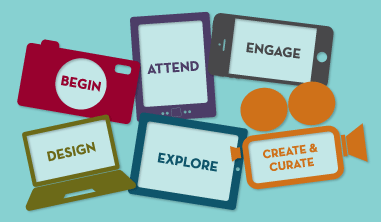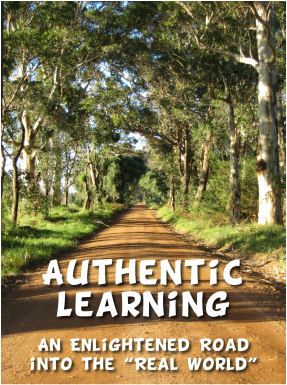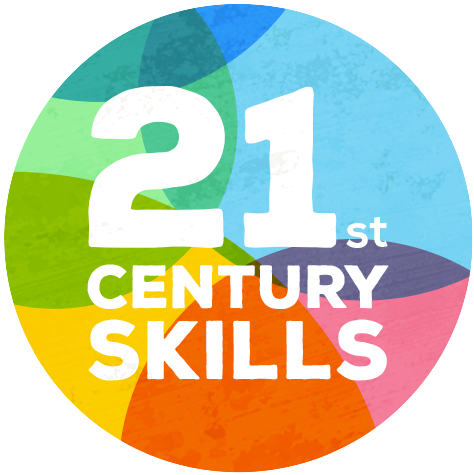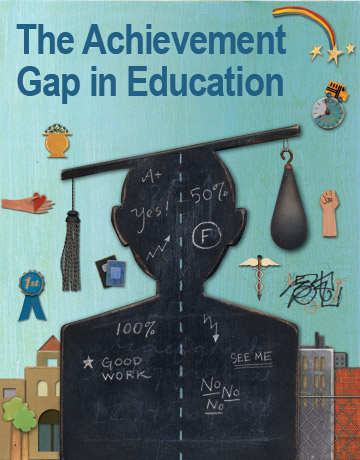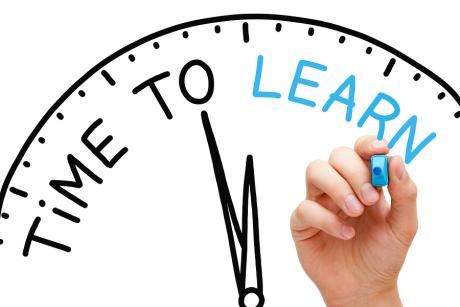29 February, 2016
Three major theoretical schools or philosophical frameworks have been present in the educational technology literature. Behaviorism This theoretical framework was established in the early 20th
Read More28 February, 2016
In education, the term authentic learning refers to various educational and instructional techniques focused on connecting what students are taught in school to real-world issues, problems, and
Read More28 February, 2016
Employing an Anti-Bias Curriculum in Early Childhood Classrooms. Children are aware of differences in color, language, gender, and physical ability at a very young age.
Read More27 February, 2016
The term 21st century skills refers to a broad set of knowledge, skills, work habits, and character traits that are believed—by educators, school reformers, college professors, employers, and
Read More27 February, 2016
We know that learning is not one size fits all, and what’s best for some students may not be for others. Yet differentiated instruction (DI)
Read More26 February, 2016
Five components that will surely motivate students: Focus Teachers must be ready, willing, and able to focus primarily on motivation. Many valuable supplemental educational and
Read More25 February, 2016
Generally speaking, achievement gap refers to outputs—the unequal or inequitable distribution of educational results and benefits—while opportunity gap refers to inputs—the unequal or inequitable distribution of resources and
Read More25 February, 2016
How do people learn? Research has found that it is our learning process, not our intelligence, that is the most significant factor in determining our
Read More24 February, 2016
Also called extended learning time, the term expanded learning time refers to any educational program or strategy intended to increase the amount of time students are learning, especially
Read More24 February, 2016
If you are planning to create your own Outdoor School program, here are some common questions about starting such program: Where will you go? Look
Read More